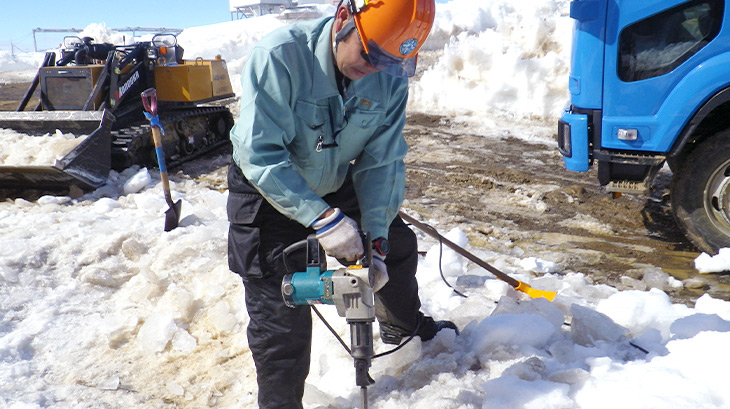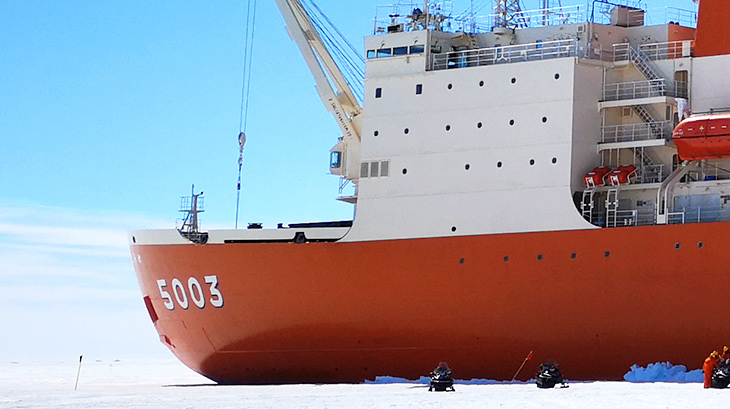Supporting Japan's Antarctic Research with Sanki Technology
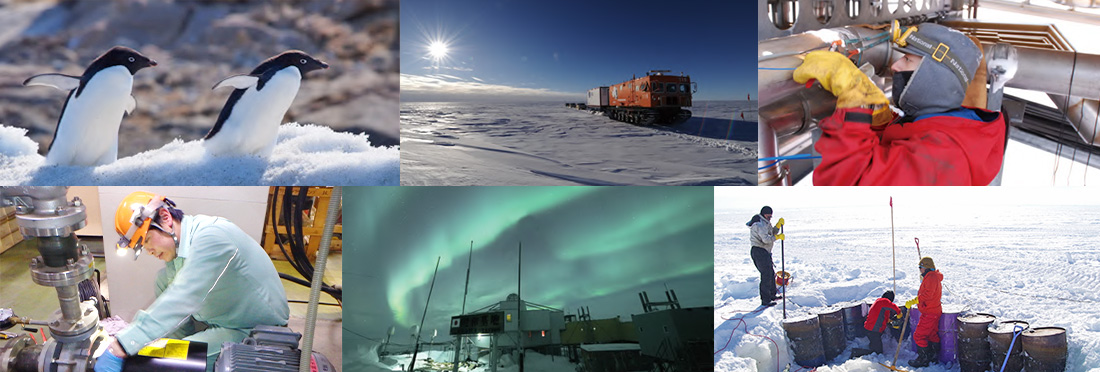
Sanki Engineering has dispatched 19 employees to Japan's Antarctic research project, starting with the 33rd Antarctic Research Expedition in 1991 to the 64nd expedition in 2022. Understanding the Antarctic helps to decipher the future of the Earth and humankind, which is essential for creating a sustainable future. The technological capabilities fostered through our business is being put toward supporting the research project under the extreme environment of Antarctica.
Japanese Antarctic Research Expedition (JARE)
JARE is a national project for understanding the environmental changes in the Antarctic region and Earth system. The first expedition was launched in 1956 and led by the JARE headquarters under the Minister of Education, Culture, Sports, Science, and Technology.
The National Institute for Polar Research bears responsibility as the core organization for planning and implementing observation plans, organizing the expedition team and managing base facilities. The expedition is divided into a summering party that conducts research from December to February and a wintering party that stays throughout the year.
Members of the expedition must be experts in their respective areas, since observations are conducted while living at the Showa Base by a limited number of people.
Recognized as an Antarctic Observation Partner Company
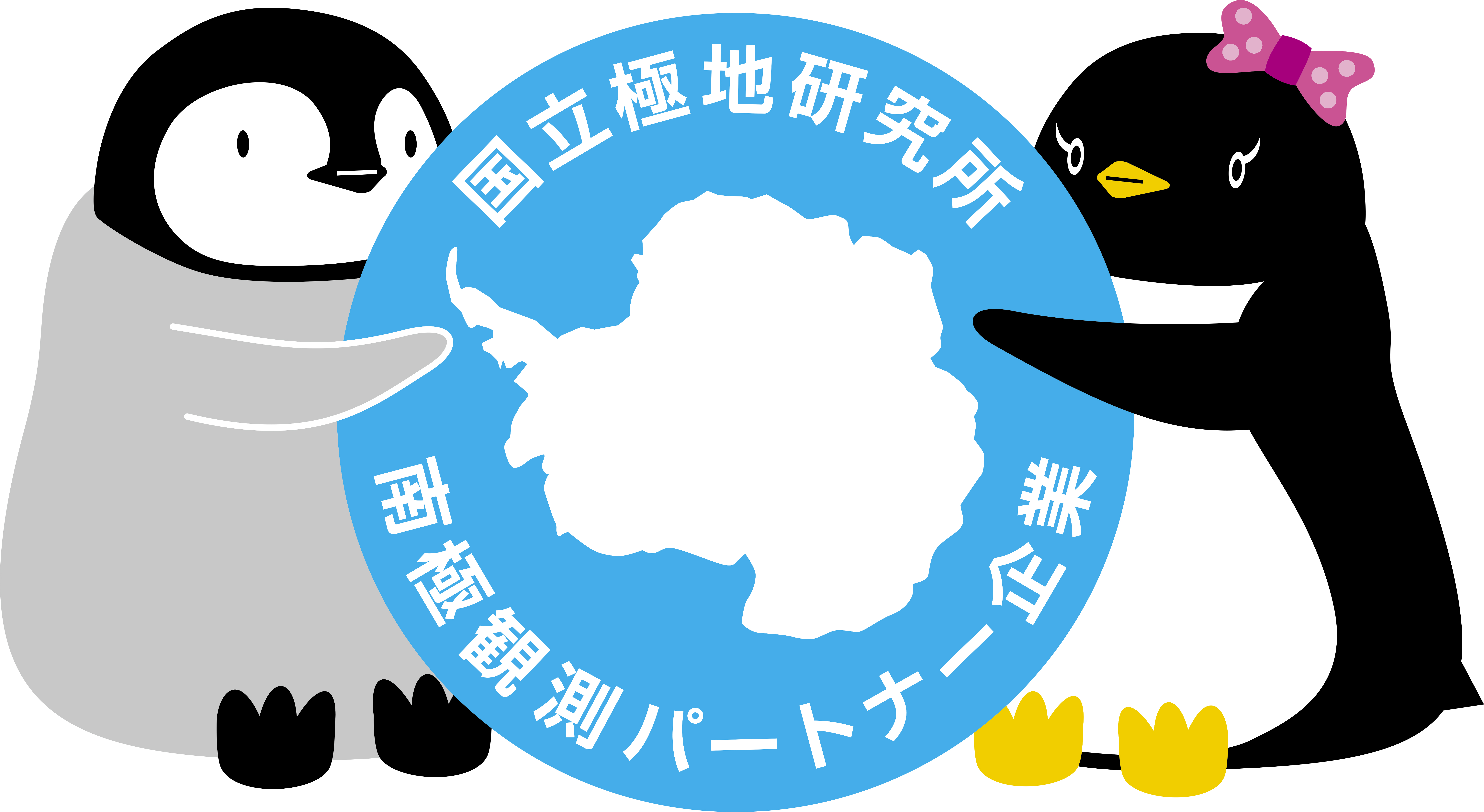
Environmental Conservation Operations of the Showa Base
Sanki Engineering's connection to Antarctica goes back to 1957, when we delivered 30 roller conveyors for the second expedition to carry materials to the newly opened Showa Base. Time went by, and amid growing public awareness of environmental issues, the Protocol on Environmental Protection to the Antarctic Treaty was added in 1991 to the Antarctic Treaty System, which stipulates that Antarctica shall be used exclusively for peaceful purposes.
This generated momentum for fostering experts in environmental technology at the Japanese Antarctic base. In this context, Sanki Engineering dispatched staff for the first time to the 33rd expedition by seconding an engineer to the National Institute for Polar Research.
The expedition comprises experts from a broad range of areas, and Sanki Engineering's engineers are mainly responsible for environmental conservation. It was normal then for most waste to be either burned outside the base or left nearby.
There was a clear need to establish a process for sorting and disposing of the waste generated by daily life and research activities. And today, maintenance and management of the water treatment and HVAC facilities have become vital work that cannot be performed by anyone else.

Contributing to Upgrading the Wastewater Processing Facility and Constructing the Basic Observation Building
Once the four-year Showa Base Cleanup Project for bringing back accumulated waste to Japan was launched in 2005, Sanki Engineering staff occasionally performed tasks in areas outside their expertise, such as operating heavy machinery.
Meanwhile, the biggest challenge in the 2010s was upgrading the antiquated wastewater treatment facility. It took five years from delivering the necessary materials to the full-scale roll out, and this important mission was accomplished by a series of staff dispatched by Sanki Engineering, who passed on their passion to the next members.
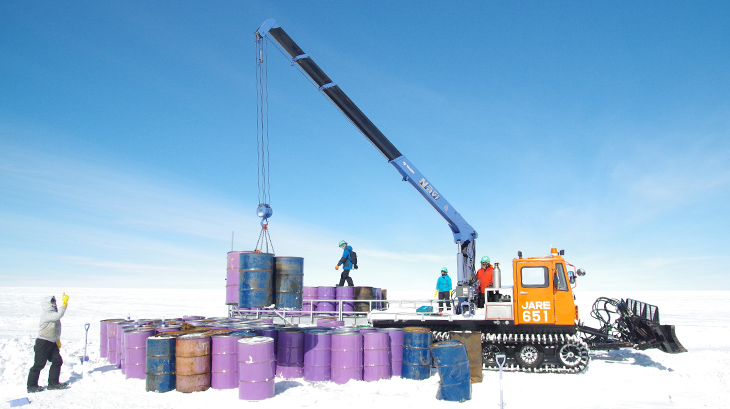
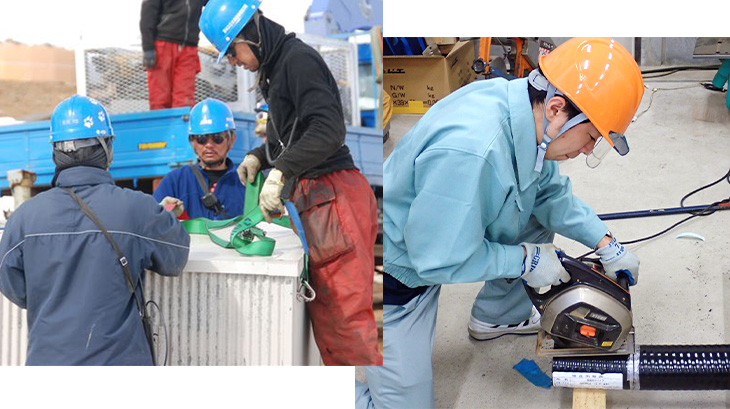
Sanki Engineering selects its Antarctic expedition members by seeking applications from employees. At first, the opportunity to work in Antarctica was only open to employees of the Environmental Systems Business who were water treatment and waste treatment engineers. However, a project for constructing the new Basic Observation Building at the Showa Base emerged in the late 2010s, which required constructing an HVAC and plumbing facility, thus creating an opening for employees of the Facility Construction Business.
It took three years to construct the Basic Observation Building, which was completed in November 2019.
Sanki Engineering will continue to contribute its human resources and technologies to this research project that has its sights on the future of the global environment.
